Location
9669 Forest Lane Dallas,
TX 75243 USA
(214) 815-8728
Location
9669 Forest Lane Dallas,
TX 75243 USA
(214) 815-8728
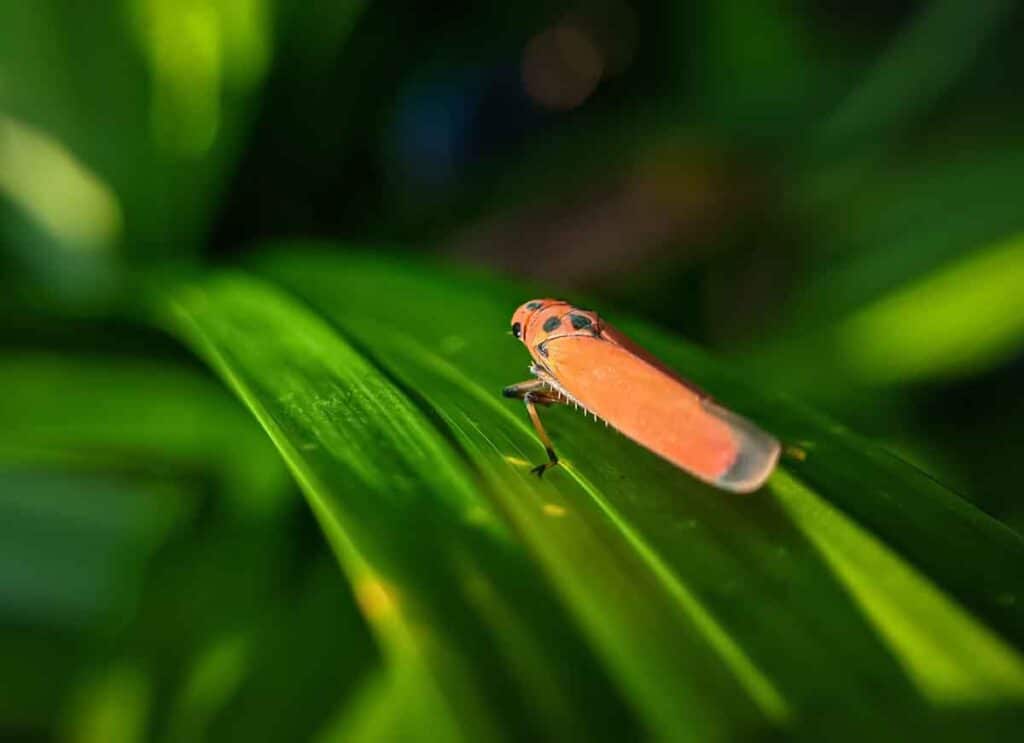
Sap-sucking insects are vampires. They feed on the life of your tree. We created an article on the five most common sap-sucking insects. And also, here we give you 4 ways to eliminate these plant vampires to avoid suffering from your tree and keep it in top shape.
Sap-sucking insects are insects that use their particular sucking mouth parts to feed on sap. You may be surprised because they can be some of the most destructive insects in the world for many reasons. The damage from sap feeders can be challenging to spot at first, so you will notice that you have a pest after your plants have been destroyed.
Top Five Sap-Sucking Insects:
This is a tiny bug with a protective shieldlike scale. It spends most of its life attached by its mouth to a single plant, sometimes occurring in such large numbers that it becomes a serious pest. This insect can vary a lot in size and appearance.
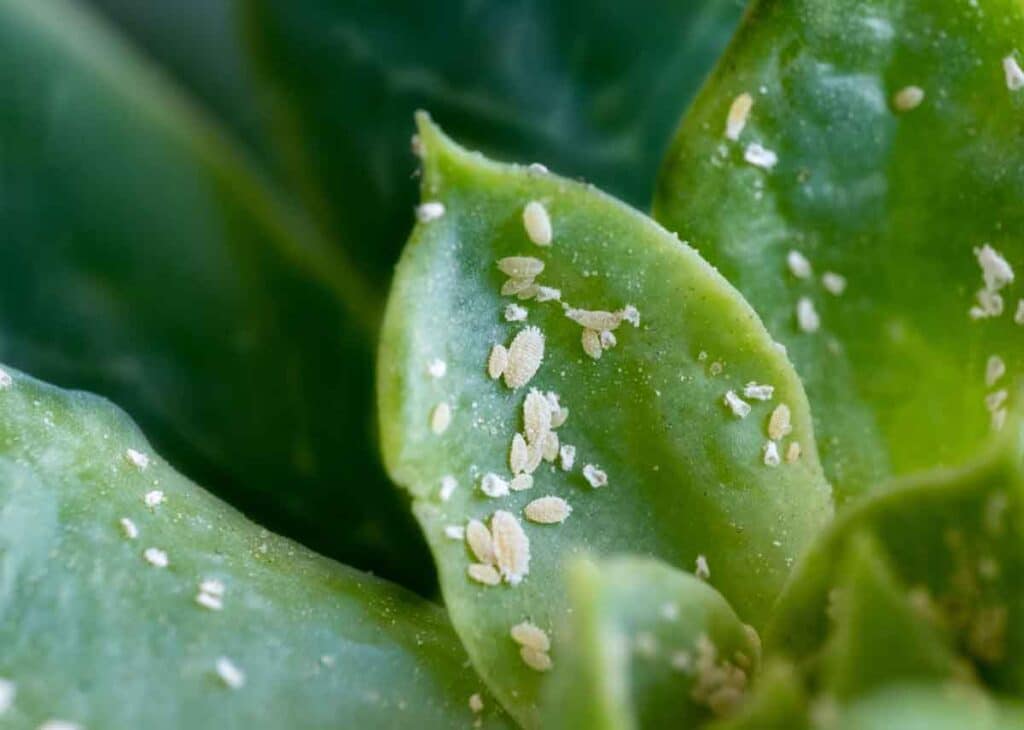
Mealybugs are slow-moving, small, oval insects covered with white, cottony wax. They are tropical insects that are typically found sucking on perennial foliage plants.
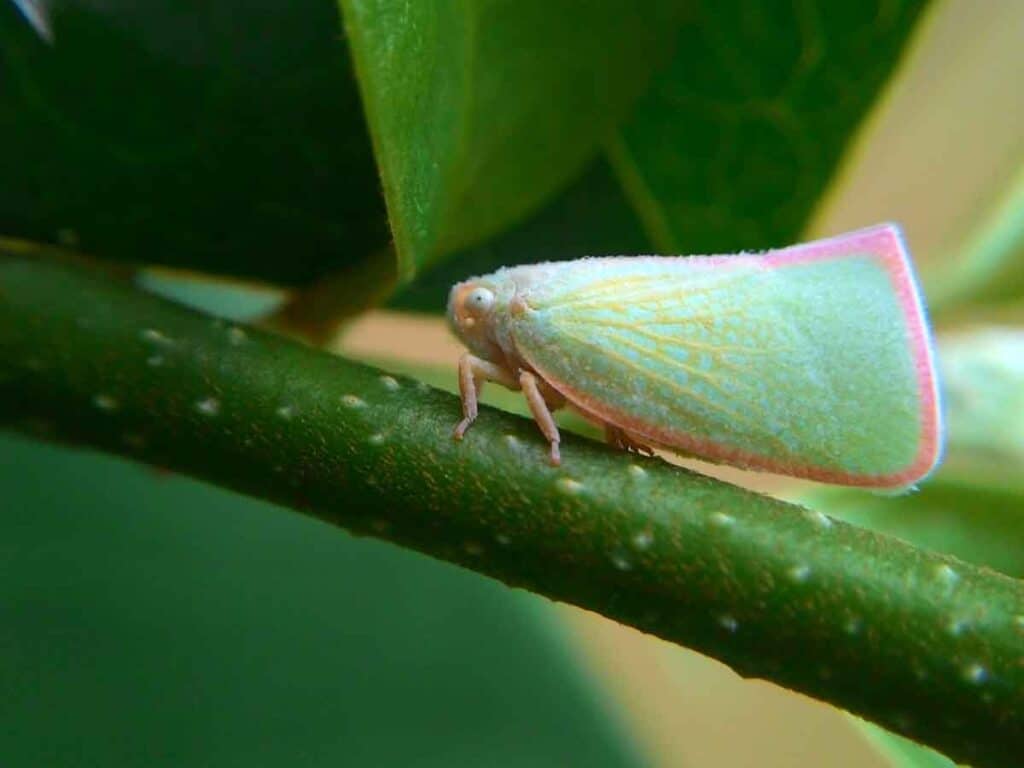
This is a tiny insect, primarily green; however, you can find leafhoppers in colors like gray, yellow, and brown. And unlike other insects, this walks rapidly and is very active. Leafhoppers are small but can be a serious crop pest in warm regions.
Whiteflies are insects that typically feed on the undersides of plant leaves. These insects are tiny and sap-sucking, and they can become abundant in vegetables and ornamental planting when the weather is warm.
Planthoppers are small jumping insects with unusually angled or pointed head shapes. They are usually found feeding on plants. Some eat many kinds of food, while others are limited to certain types of plants.
All insects are crucial to the environment. Why? How can they affect us? These insects can destroy your garden by weakening and reducing plant production by inserting their mouthparts into plants’ tissues and removing the life juices.
Additionally, they can act as vectors for a broad spectrum of diseases. And you don’t want your trees to get sick because of these insects. So, this is the time to eliminate them.
There are many ways to eliminate these sap-sucking insects, and one of the best ways to deal with these insects is with…
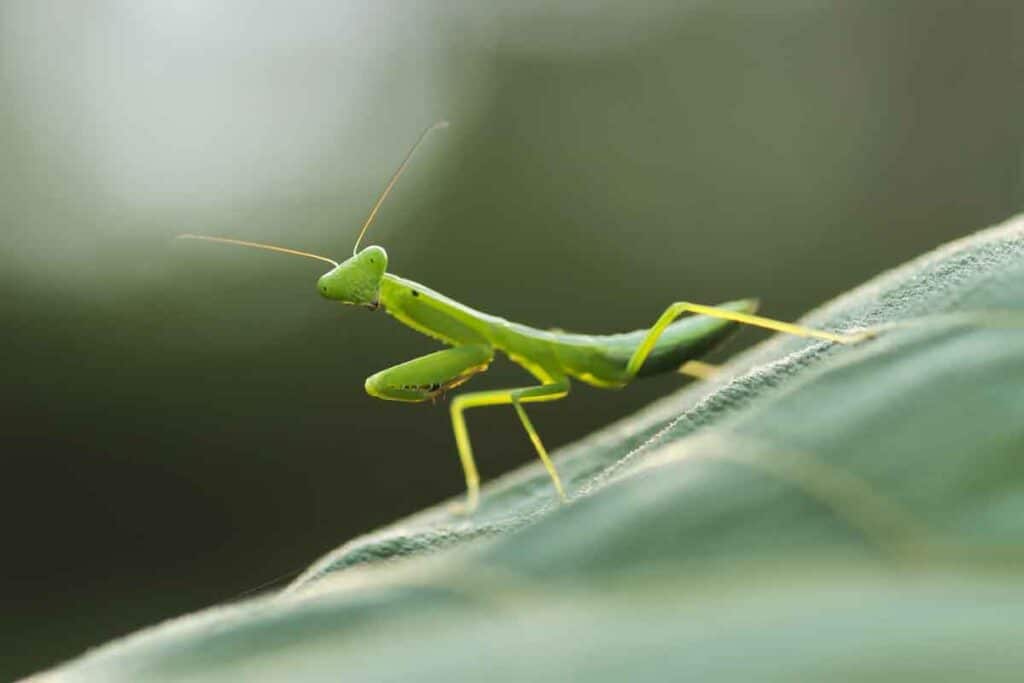
The natural predators of sap-sucking insects include lacewings, praying mantises, and parasitic wasps. If you want to remove these insects from your plant, having these depredators are your best option. But sometimes you cannot have them in your garden or near you, so consider the following options…
Another way to protect your plants from sap-sucking insects is to improve soil quality. Healthy soil full of microorganisms will keep your plants healthy and less vulnerable to insect attacks.
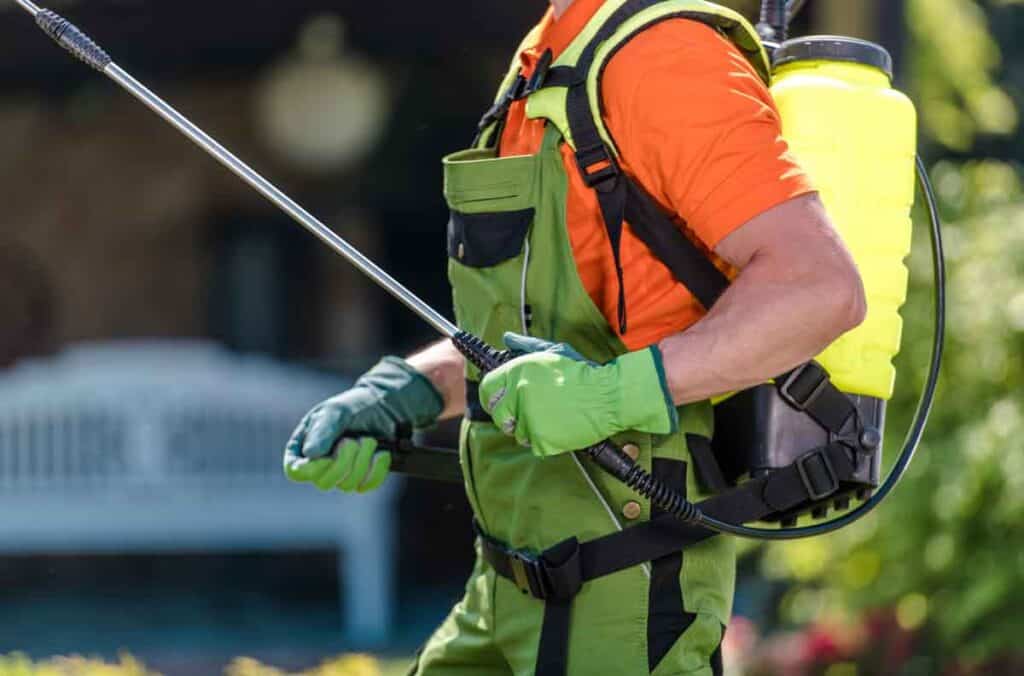
When it comes to maintaining the health and beauty of your plants, sap-sucking insects can pose a severe challenge. These tiny intruders, including aphids, scale insects, and whiteflies, cause significant damage by extracting the sap from plant tissues, leading to yellowed leaves, stunted growth, and even plant death.
Fortunately, a range of targeted insecticides can help manage these destructive pests.
One of the most effective methods to eliminate sap-sucking insects is systemic insecticides. Unlike contact insecticides, which only affect pests on the plant’s surface, systemic insecticides are absorbed by the plant and transported throughout its tissues. When the sap-suckers feed on the plant’s sap, they ingest the insecticide and are killed.
Imidacloprid and acetamiprid are two common active ingredients in systemic insecticides that are effective against sap-sucking pests. They disrupt the insect’s nervous system, leading to paralysis and death. These insecticides come in different forms, including granules to be mixed with soil, concentrates for dilution, or ready-to-use sprays.
While using insecticides, safety should be paramount. Read the label instructions.
Consider the potential impact on non-target beneficial insects like bees and ladybugs. Some systemic insecticides can harm these valuable species, so applying them carefully and responsibly is essential.
Another critical aspect of managing sap-sucking insects is vigilance. Regularly inspect your plants for early signs of infestation, such as leaf discoloration or sticky honeydew. Early detection and treatment can prevent severe damage and help maintain your garden’s vigor.
Remember, eliminating sap-sucking insects isn’t just about using insecticides; it’s part of an integrated pest management approach, incorporating biological controls and good tree care practices. By doing so, you can ensure a flourishing, pest-free tree.
Handling these insects is usually an overwhelming task, and more when it gets out of control. If you cannot take down these pests anymore, you should not hesitate to call a pest control service to rest assured that your plants are in good hands and that they are healthy without the hassle of doing it yourself.
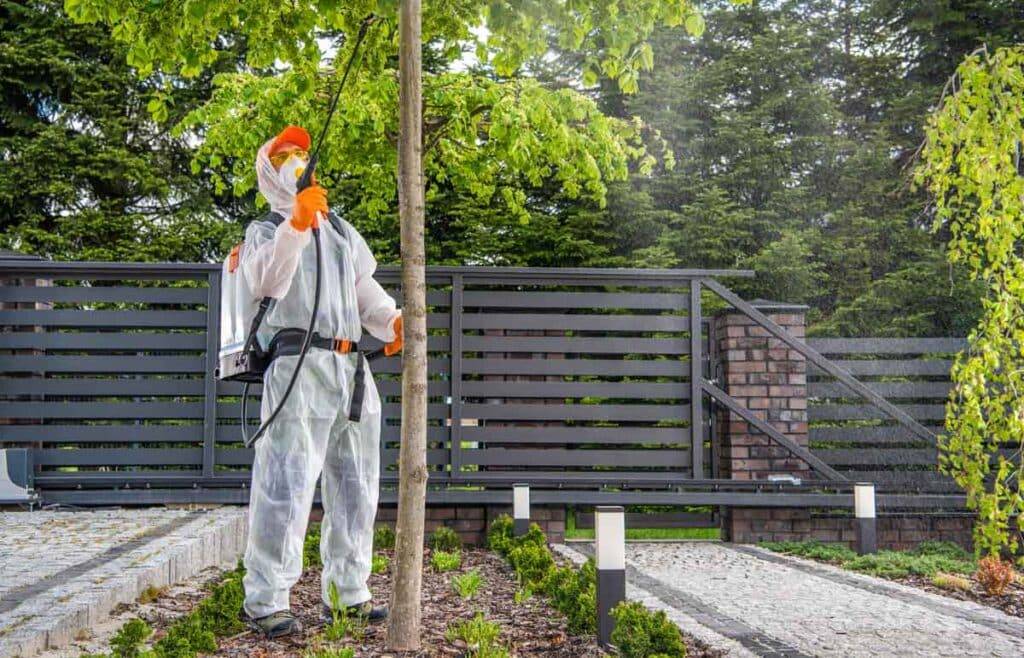
It is well known that insects are beautiful and vital to the environment; however, sometimes, they become a problem for your trees. But you can rest assured that you and your plants will be healthy and without those pests if you follow the tips we’ve given you.
Rudy’s Tree Service is a trusted tree company in Dallas, Richardson, Plano, Garland, and Frisco, TX. Call us if you need our help with proper tree care.
